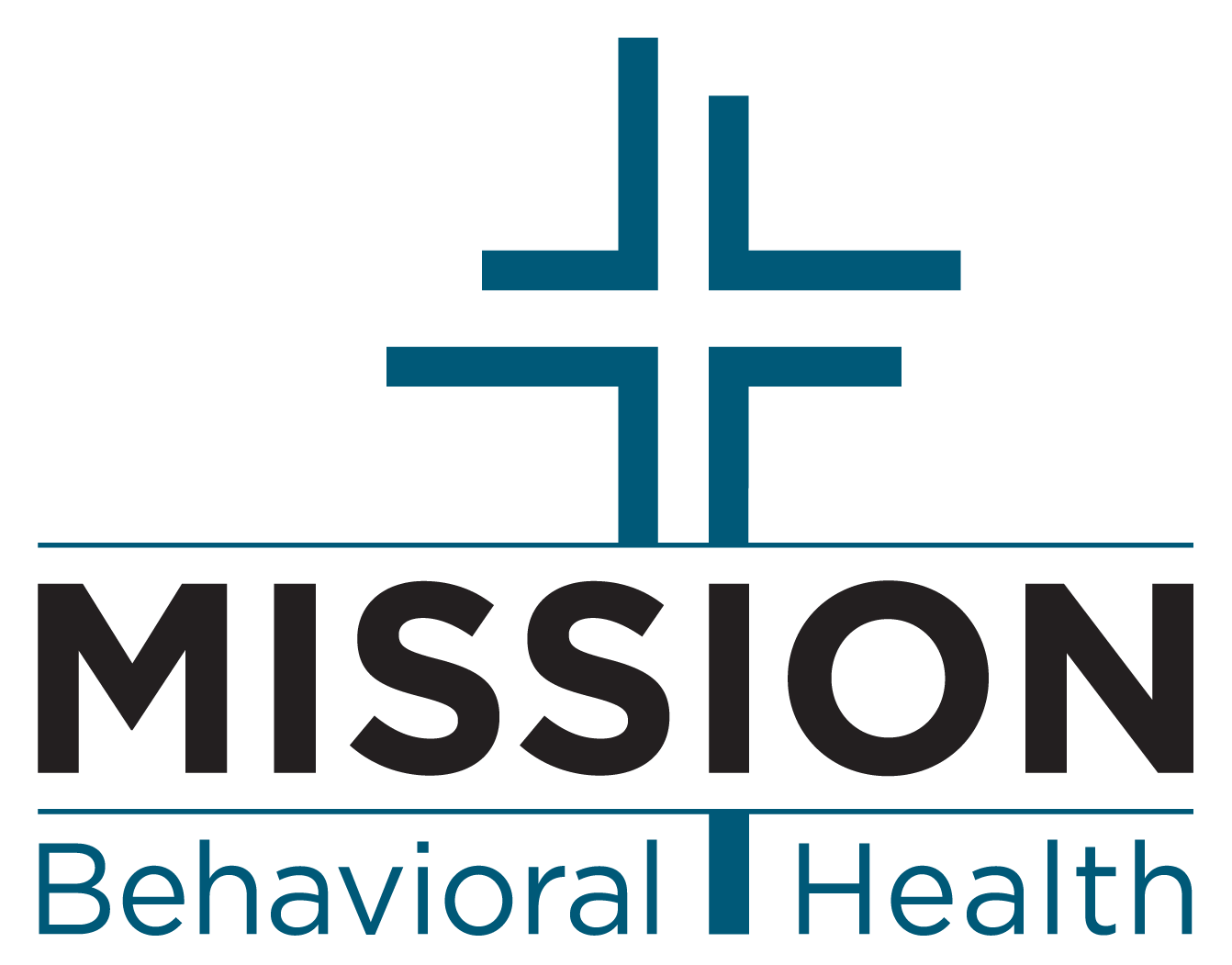Conditions & Therapy Programs
 Plan of Care Overview
Plan of Care Overview
At Mission Behavioral Health, our focus is to ensure our patients return home swiftly, safely, and equipped to independently manage the challenges they had prior to our care.
A typical stay at our hospital is approximately two weeks, during which a dedicated team works collaboratively to enhance the quality of life for both our patients and their families.
Our comprehensive approach features activities including personalized therapy programs (a combination of individual, family, recreation, group, and adjunctive therapies depending on the patient) and daily living skills groups designed to improve memory, address mood regulation, and provide relaxation.
A Goal-Oriented Approach
Using various methods such as re-motivation, reminiscence and validation, our approach aims to inspire hope in the face of despair, facilitate progress amid past setbacks, and foster a revived sense of well-being.
Each morning, we conduct a brief goal-setting group where patients choose one or a few tasks to accomplish that day. Around breakfast time, patients will share their daily goals as they are able. Staff members provide support throughout the day to help patients accomplish these goals. During dinner, patients reflect on their progress and are asked to consider how well met their daily goals. Goals can be simple, such as participating in a group activity or playing a game with another group member, and are guided by two key questions:
- What am I doing today?
- What can I do to make it better?
Personalized Therapy Programs
Individual Therapy
Tailored sessions where patients discuss their treatment plans, discharge preparations, and address any current issues with their therapist. The purpose of individual therapy is to keep patients involved, track goal progress, and improve the patient’s ability to problem-solve.
Family Therapy
At Mission Behavioral Health, we prioritize involving family members in patient care due to their invaluable knowledge of the patient's family history and insights into the patient’s experiences. Family members often play a pivotal role in encouraging patients to seek psychiatric treatment. If patients or their legal guardians opt for family involvement during their treatment at Mission Behavioral Health, our therapists facilitate family therapy sessions. These sessions assist the patient's family in setting goals, evaluating current changes, and composing a successful discharge plan. Family therapy is particularly beneficial for patients residing with their family members.
We recognize that family dynamics can be complex, and tensions may arise, especially when a family member is unwell. Our team is dedicated to resolving any disagreements that may impact the patient's treatment or relationships, aiming to strengthen family bonds. Written patient or guardian consent is essential and must be given prior to sharing any treatment information. This ensures patient confidentiality and protects the patient's best interests.
Recreation Therapy
Led by a Certified Therapeutic Recreation Specialist, these daily sessions focus on using free or leisure time to improve emotional well-being and the ability to express emotions. The Recreation Therapist uses various activities based on patients' abilities to increase independence and improve physical, mental, emotional, and social functioning through participation. Contrasting traditional recreation programs, Mission Behavioral Health’s recreation therapy is goal and outcome oriented.
Group Therapy
Group therapy plays a pivotal role in our treatment approach. Each day, patients are given the opportunity to interact with peers who may share similar symptoms, thus fostering empathy and mutual understanding of one another’s challenges and coping strategies. Our aim is to offer activities that enable patients to express themselves, acquire new problem-solving techniques, and enjoy meaningful social connections.
We recognize that some patients may feel uneasy in group settings, and we respect their preferences. While we encourage participation daily, we recognize and support each patient's autonomy in deciding whether to attend group therapy sessions.
